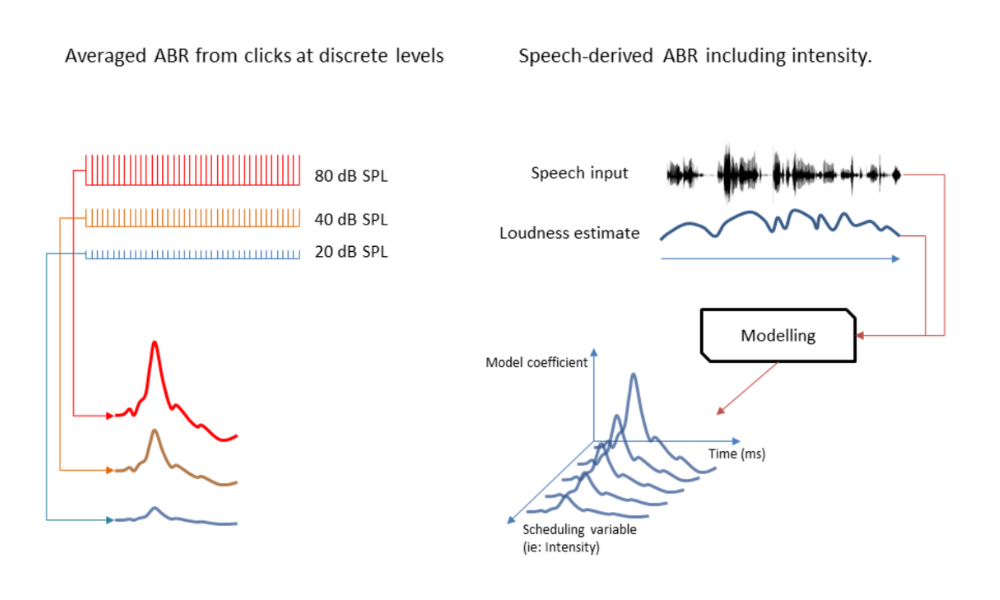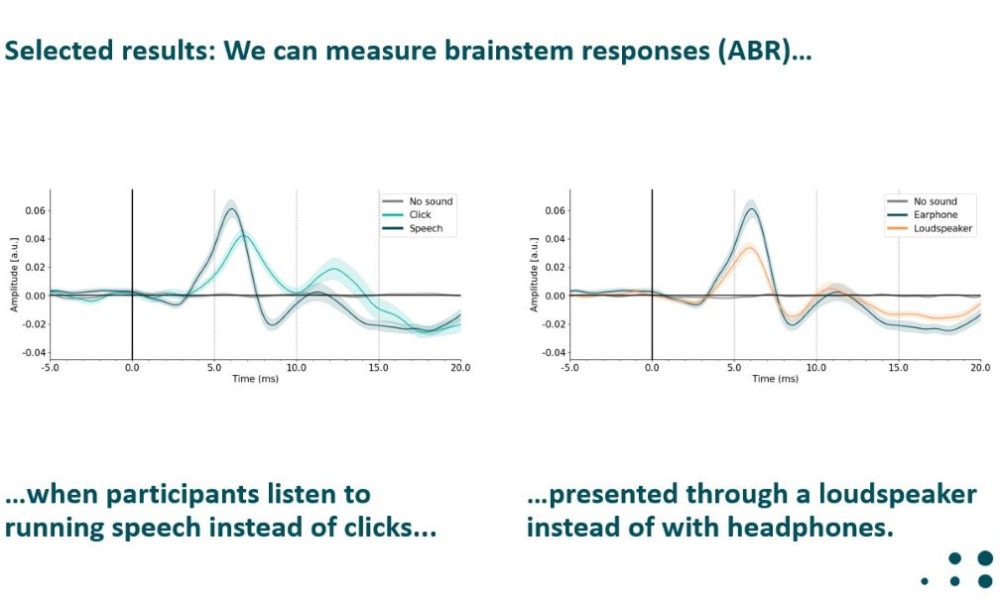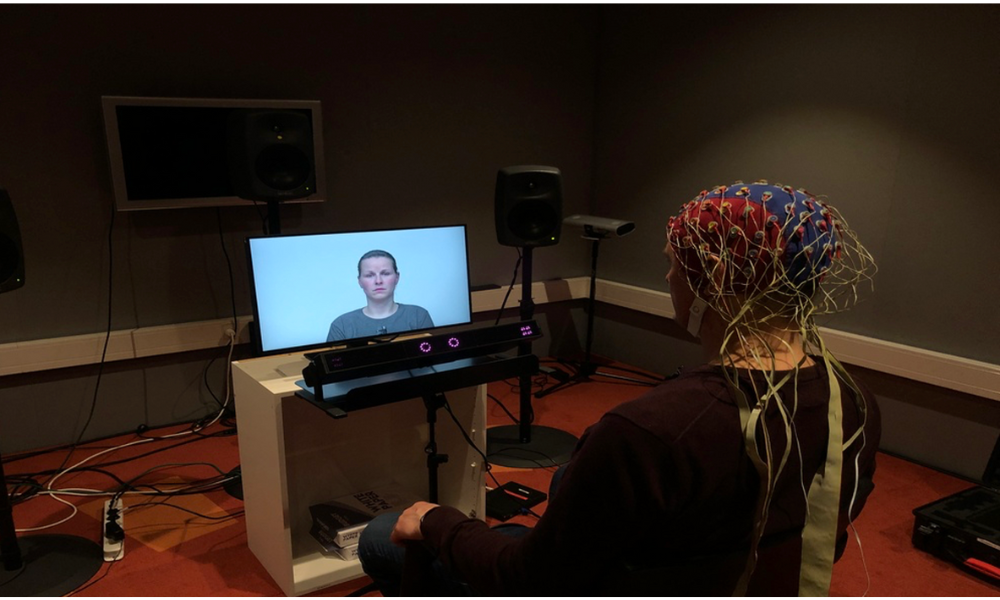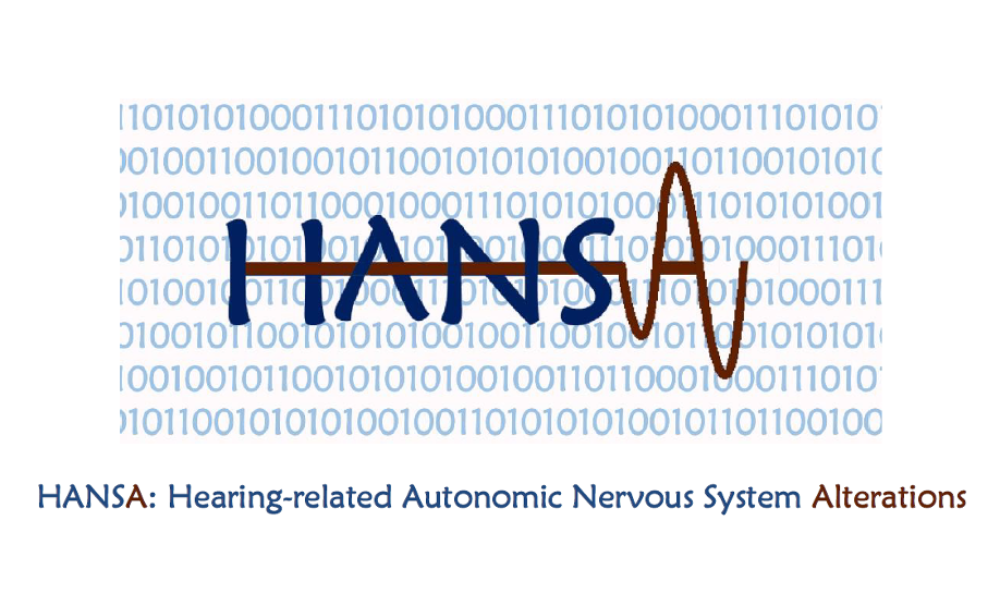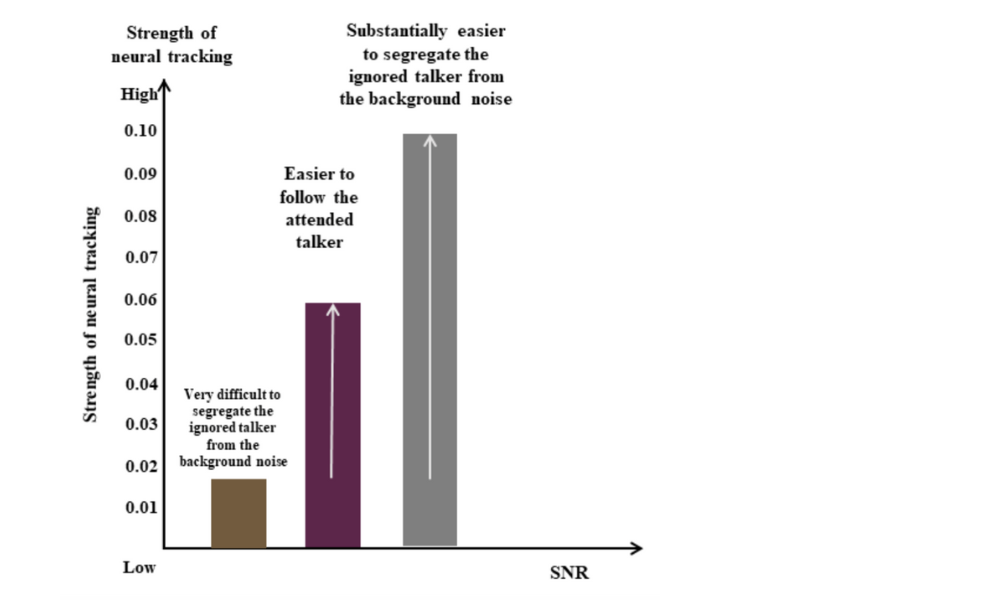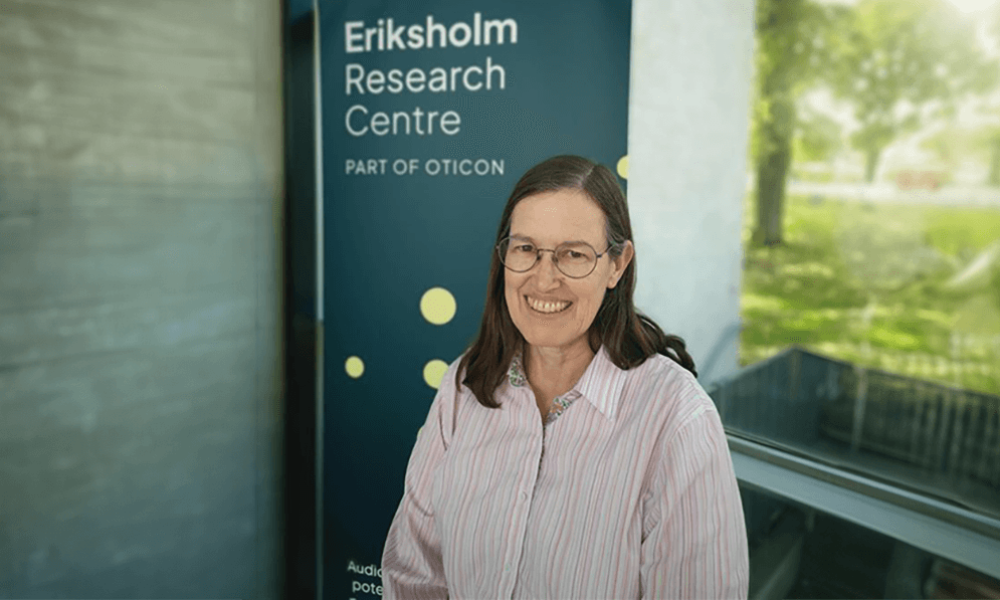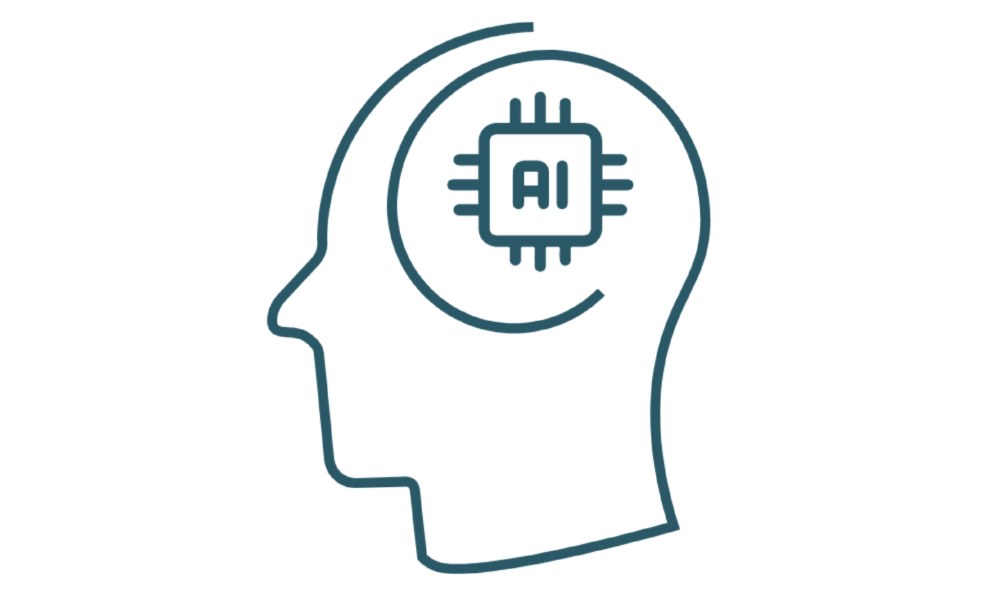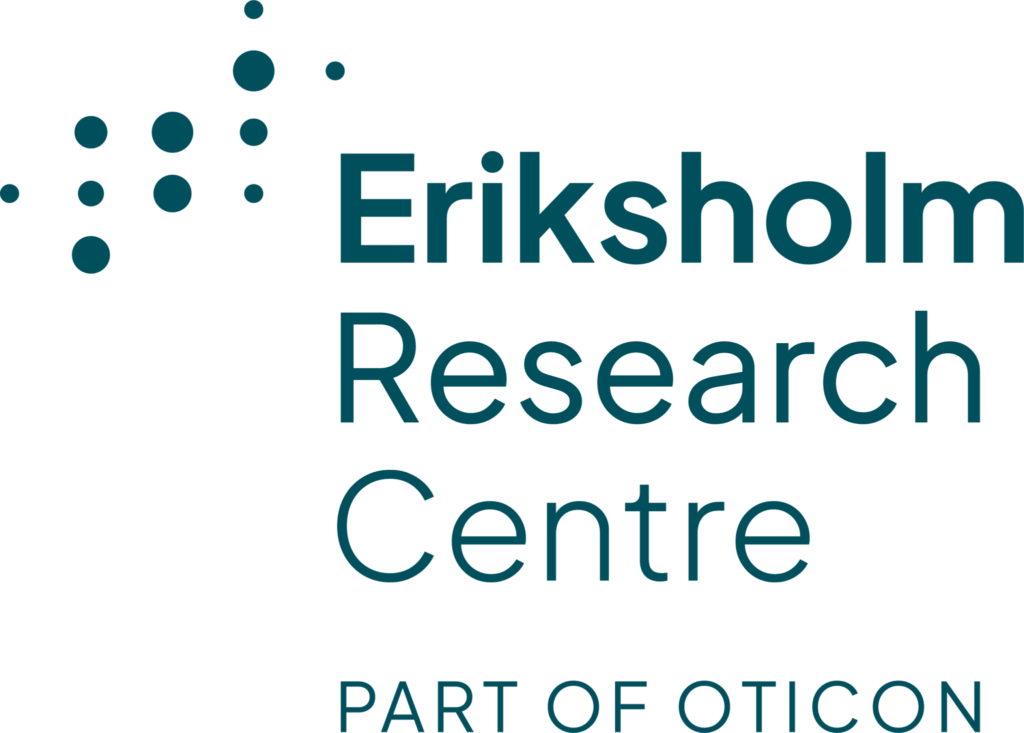Cognitive Hearing Science
Many people with hearing loss may report that sounds are loud enough, and that speech can be understood, but overall, it is just too tiring and often too hard to listen. Studies indicate that understanding spoken language, especially in adverse or complex auditory environments, seems to be strongly influenced by working memory capacity. When multiple sounds overlap in time and/or space, other aspects of cognition such as attention and executive functions play a role in how the listener responds to wanted & unwanted inputs.
We believe this can potentially lead to disengagement, fatigue, and social isolation, conditions which are speculated to lead to further effects, such as poorer mental and physical health.
Our research within this area aims at identifying key factors that influence unwanted use of working memory capacity.
